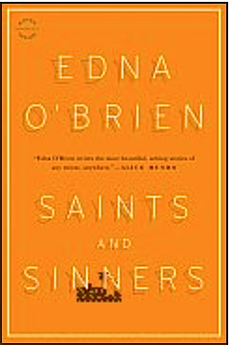A WRITER'S WIT
It is by universal misunderstanding that all agree. For if, by ill luck, people understood each other, they would never agree.
Charles Baudelaire
Born April 9, 1821
O'Brien, Master of Form

I love O’Brien’s stories, and I know I shall return to them again and again because they do not unfold easily, necessarily, the first time. In “Shovel Kings,” a first-person narrator recalls another character (Rafferty) who then tells the story—rather by way of being interviewed by the narrator. Interesting approach, and I’m not sure why it is so effective. If Rafferty tells the story himself, alone, then perhaps there is inherent some sort of weakness in it. If the narrator alone tells about Rafferty without his input . . . then again the story is weak for it. I must remember this approach to see if it might work. It is rich; it is effective.
In “Black Flower,” I like how O’Brien develops the character in such a manner that is so facile—but isn’t really. The black flower is a subtle metaphor for the man, but also the malaise existing between the two factions. “The petals were soft, velvety black, with tiny green eyes, pinpoints, and there was something both beautiful and sinister about it” (76).
“Old Wounds” is the story I like best in this collection. The lazy back-and-forthness through time, I suppose. The wounds, the healing of the wounds, the wounds again. Fight, make up. Like many families. Wounds. Heal.
THURSDAY: PHOTOGRAPHY


 RSS Feed
RSS Feed